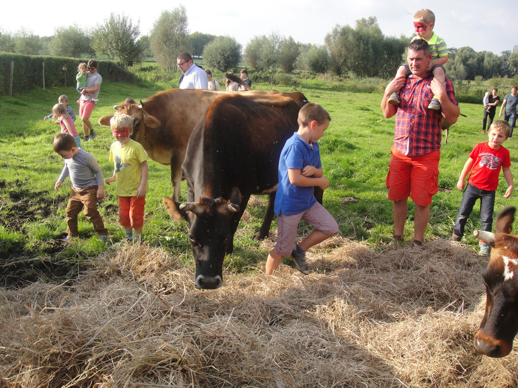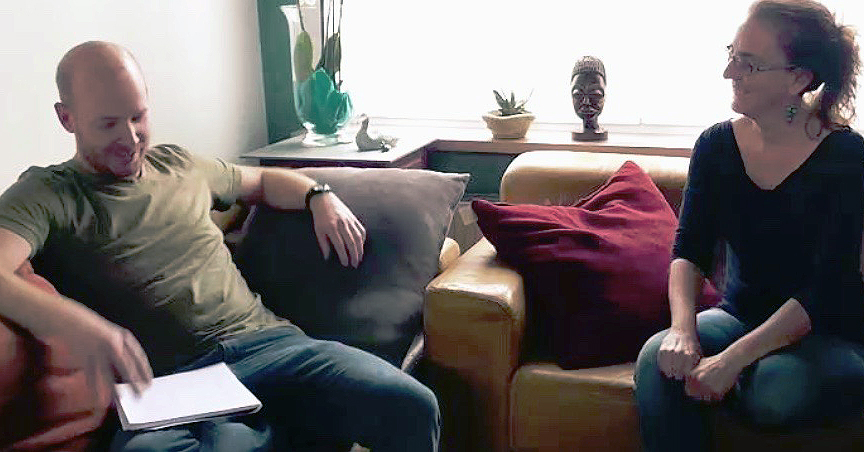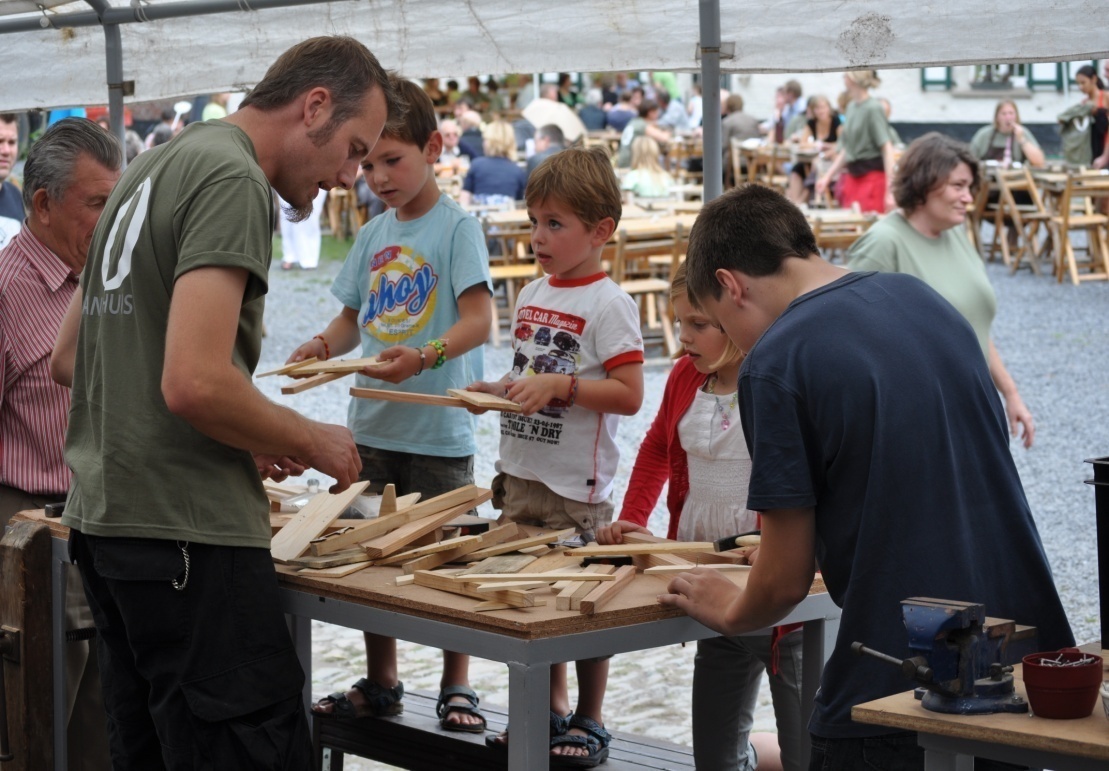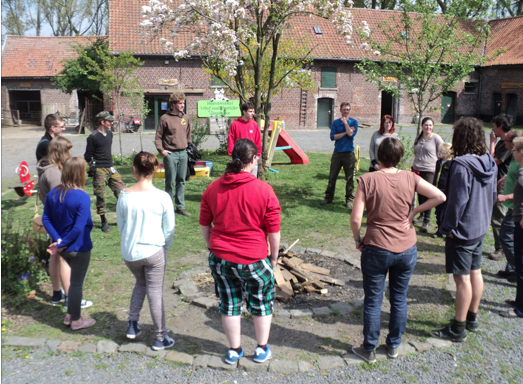 The people at the Belgian nonprofit, Ligand, are enhancing communication and relationships among young people and families, as well as the surrounding community. With innovation as their driving force, Ligand's staff continually reexamine and transform their practices to meet the evolving needs of the people they serve. As Ligand leader Stijn Deprez declares, "Working restoratively asks for innovation every day."
The people at the Belgian nonprofit, Ligand, are enhancing communication and relationships among young people and families, as well as the surrounding community. With innovation as their driving force, Ligand's staff continually reexamine and transform their practices to meet the evolving needs of the people they serve. As Ligand leader Stijn Deprez declares, "Working restoratively asks for innovation every day."
With their latest project, Columbus, staff are having a positive impact on family relationships, tackling a persistent issue with Belgium's social services system. People in crisis were waiting six months or more for assistance, causing problems to escalate and explode. In a small pilot program (10 cases), Columbus staff intervened quickly and directly in 10 family emergencies, and only two (20%) of the cases had to go to intensive youth care. Subsequently, the Belgian government financed a trial of 100 cases, with research performed by University of Leuven and Ghent. In that trial, only 18% of cases had to go to intensive youth care.
 Staff employ a restorative practice called "positive reorientation," which provides opportunities for "open and freehearted communication," Deprez explains. Now, positive reorientation has become a government-approved model for working with families in Flanders (Dutch speaking Belgium). Staff at the Columbus project are also finding this model to be effective in addressing conflict between colleagues in workplace settings.
Staff employ a restorative practice called "positive reorientation," which provides opportunities for "open and freehearted communication," Deprez explains. Now, positive reorientation has become a government-approved model for working with families in Flanders (Dutch speaking Belgium). Staff at the Columbus project are also finding this model to be effective in addressing conflict between colleagues in workplace settings.
The work at Ligand began in 1975 with Oranjehuis, a residential group home for young people in trouble with the law who were referred by the court. Over the years, the focus at Oranjehuis shifted from reactive to proactive and preventive strategies, including restorative circles to build relationships.
They now work in a broader context with families. Originally, young people lived in the group home fulltime. To incorporate more family engagement, youth now live at Oranjehuis two-to-three days a week and at home for the rest of the week. This is because, as Deprez explains, "Youngsters are not the problem. They show us the problem."
 The Oranjehuis approach includes ways for young people to reintegrate back into their community, such as supervised apartment living. Still, Oranjehuis continues to provide an open door to any young person in need of crisis intervention.
The Oranjehuis approach includes ways for young people to reintegrate back into their community, such as supervised apartment living. Still, Oranjehuis continues to provide an open door to any young person in need of crisis intervention.
Ligand's education program, Aura, also has seen a series of innovations since its beginning in 1980. It has evolved to provide hands-on and vocational experiences to engage youth, build their future and integrate them into the community. Youth work in the garden and with animals at a community farm and also operate and maintain a canal boat. Constant local outreach has improved Ligand's relationships with the community, who had previously viewed these students with suspicion.
In another undertaking that will involve the community, Oranjehuis recently acquired a local monastery. They plan to convert it to living and training spaces, as well as a place for inspirational and spiritual pursuits, for local residents who have a connection with the monastery as a church.
 Deprez visited the IIRP and Community Service Foundation and Buxmont Academy this summer to learn and to share Ligand's work, continuing a history of sharing and learning that began almost 20 years ago. Then he and IIRP Provost Dr. Craig Adamson co-presented a session at the 9th International Conference of the European Forum for Restorative Justice on restorative innovation in schools.
Deprez visited the IIRP and Community Service Foundation and Buxmont Academy this summer to learn and to share Ligand's work, continuing a history of sharing and learning that began almost 20 years ago. Then he and IIRP Provost Dr. Craig Adamson co-presented a session at the 9th International Conference of the European Forum for Restorative Justice on restorative innovation in schools.
The partnership between the IIRP and Ligand promises a future full of restorative innovation.
